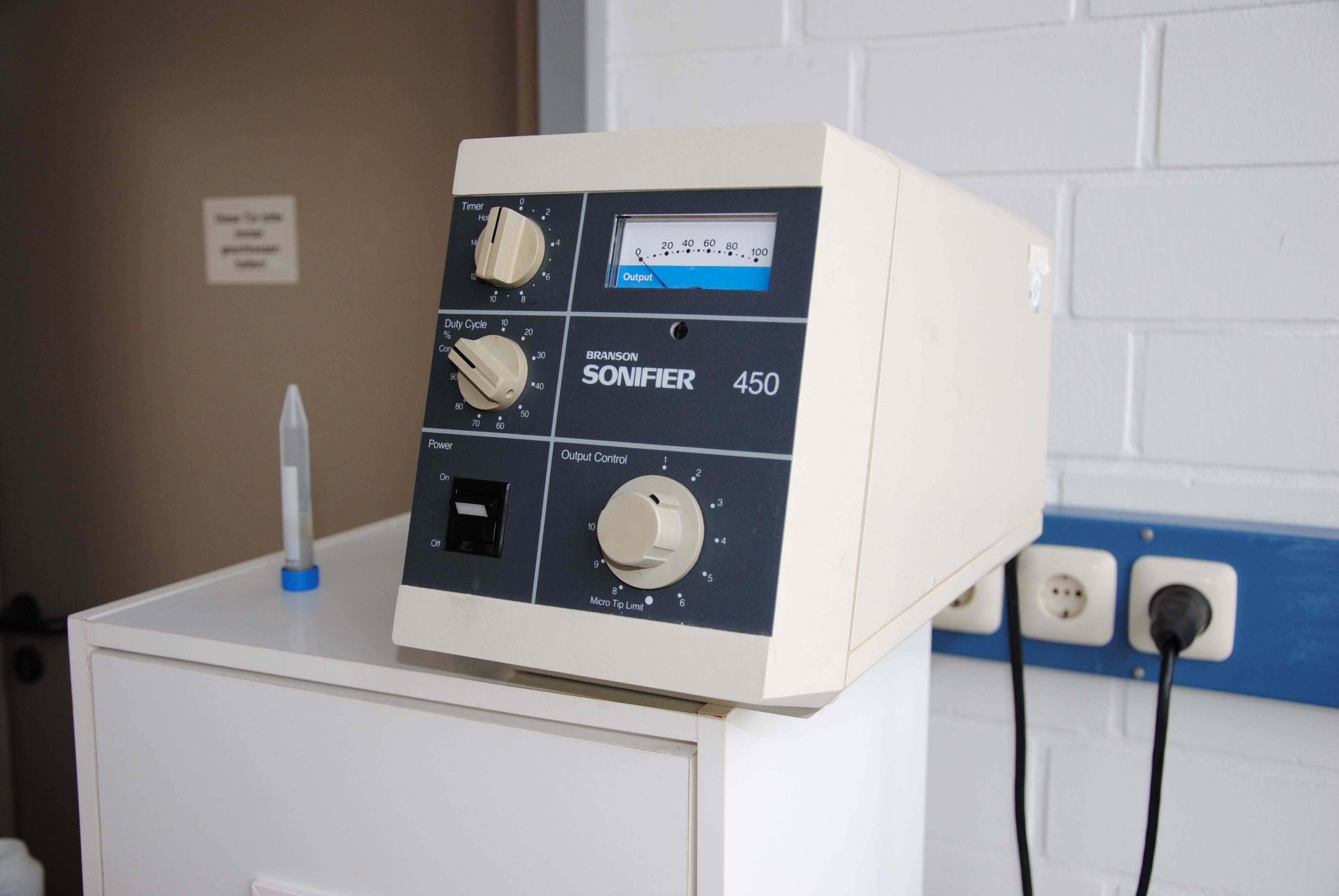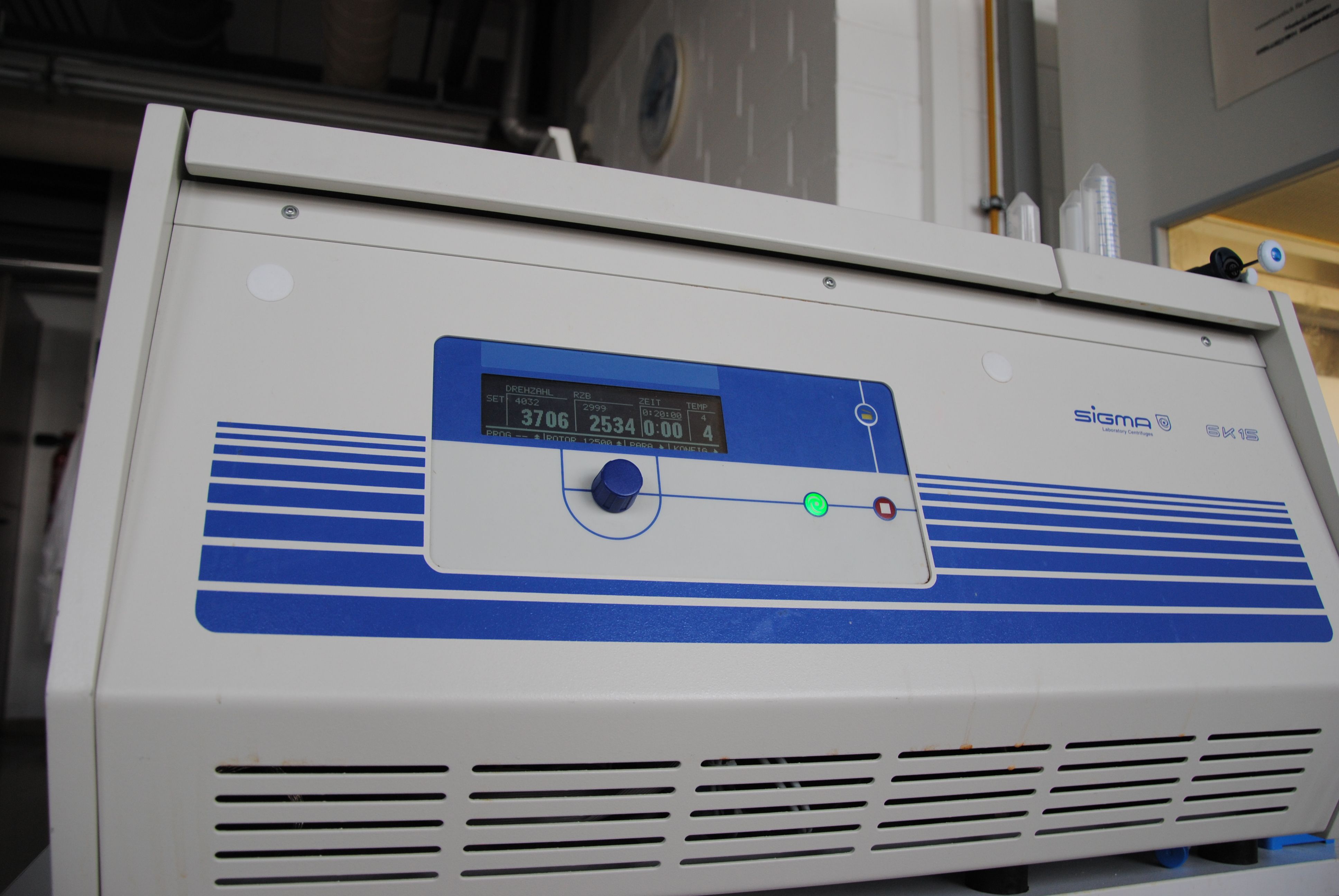Team:Bielefeld-Germany/Results/S-Layer/Guide/4a
From 2011.igem.org
| Line 13: | Line 13: | ||
<html> | <html> | ||
<div style="text-align:center; width:535px; margin-left:auto; margin-right:auto;"> | <div style="text-align:center; width:535px; margin-left:auto; margin-right:auto;"> | ||
| - | <img id="Image-Maps_8201110281849269" src="https://static.igem.org/mediawiki/2011/ | + | <img id="Image-Maps_8201110281849269" src="https://static.igem.org/mediawiki/2011/0/0c/Bielefeld-Germany-2011-Navigationbar_a.png" usemap="#Image-Maps_8201110281849269" border="0" width="535" height="82" alt="" /> |
<map id="_Image-Maps_8201110281849269" name="Image-Maps_8201110281849269"> | <map id="_Image-Maps_8201110281849269" name="Image-Maps_8201110281849269"> | ||
<area shape="rect" coords="22,12,170,62" href="https://2011.igem.org/Team:Bielefeld-Germany/Results/S-Layer/Guide/3a" alt="Previous page" title="Previous page" /> | <area shape="rect" coords="22,12,170,62" href="https://2011.igem.org/Team:Bielefeld-Germany/Results/S-Layer/Guide/3a" alt="Previous page" title="Previous page" /> | ||
Revision as of 00:40, 29 October 2011

Small scale cell disruption
The S-layer fusion proteins form inclusion bodies in the E. coli cells (at least most of them). Inclusion bodies have the advantage that they are relatively easy to clean-up and are resistant to proteases. But inclusion bodies are unsoluble so they have to be solubilized by urea or guanidin hydrochloride. In addition, these chemicals suppress the self-assembly ability of the S-layer proteins which leeds to monomeric S-layer proteins. The cell disruption is carried out in a buffer containing 6 M urea, 50 mM phosphate buffer (pH 7.4), 300 mM sodium chloride and 10 mM imidazol. The cells are lyzed by sonification (5 times 2 minutes on ice, max. 20 W, cooling on ice between these steps). Afterwards the lysate is incubated for 1 h at 4 °C on a shaker or vertical rotator to solubilize the inclusion bodies. The cell debris is removed by centrifugation and the supernatant is used for further purification.
Only purified S-layer proteins will self-assemble - click here for further purification steps.

 "
"


